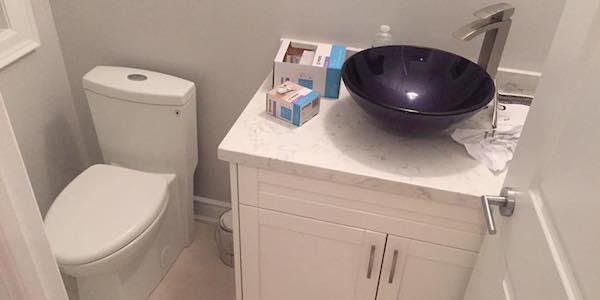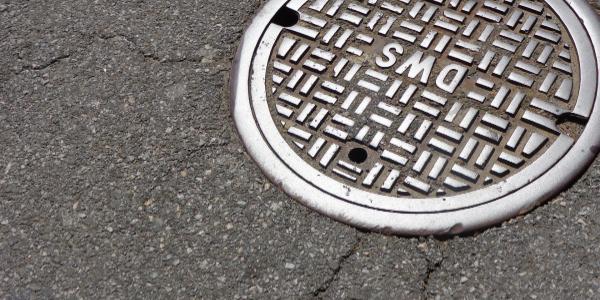There is one deceptive item that people flush down the toilet even though it causes lots of plumbing problems. While the packaging says otherwise, flushable wipes should never be tossed in the toilet.
A single wipe will make it through your home’s plumbing system without an issue — like hair or floss, the problem lies when there is a large amount that collects together. Since they are not easily biodegradable, the mass gets bigger as more wipes come down the pipes.

When they bind together, they will eventually form a toilet clog that can’t be fixed with a plunger. A significant blockage can also cause drain back-ups in other fixtures around the house like bathtubs, showers and sinks. In this scenario, you should call professionals like Morrison Plumbing & Mechanical to clear out the blockage.
First, they can run a cable with a sewer camera attached to the end to determine what is causing the clog and its exact location. If it is a mass of wipes, they can perform drain cleaning with a snake or a rooter machine. Anyone who has a toilet that won’t flush or fixtures that are backing up should click here to learn more details about the drain cleaning process and the other helpful plumbing services offered by this company.

Another reason why wipes are items that you should never flush down the toilet is that they cause trouble for the municipal sewage system — considering the clogs wipes can cause to your home plumbing, they can wreak havoc on a larger scale. Some cities have asked their citizens to ignore the flushable description on the product packaging to reduce damages.
Currently, experts believe that cities across the country spend $250 million trying to tackle blockages in treatment systems. Since wipes can be thrown in the trash instead of tossed in the toilet, much of this spending can seem like an unfortunate waste.
Sewage system employees are worried about wipes because they can create even bigger problems when they contact other items. When solidified fats meet with items like baby wipes and menstrual products they create something called a sewer fatberg — this is a congealed mass that floats through the system and causes enormous obstructions. Workers have to physically break the mound apart piece by piece in order to keep the passageways clear.
Some experts are so worried about the issue that they are planning to make a flushable wipe standard to determine whether brands should be allowed to tell consumers to put them down the toilet or not. The standard would mean that manufacturers would have to change their labeling and advertising, in order to keep sewer systems clear.
It’s understandable that people follow the instructions written on the packages of personal wipes, but there is plenty of proof showing that you shouldn’t flush them under any circumstances. In this case, you should trust professional plumbers and experts who work in municipal sewage. They are the ones who know what actions keep pipes clear, and what decisions cost money in the long-run.